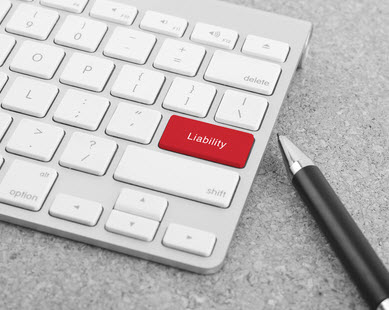Theoretical legal responsibility is just one component of a Florida slip-and-fall claim. The victim/plaintiff must also establish knowledge. If the owner did not know about the condition, the owner is not liable for injury.
Florida courts broadly interpret the res ipsa loquitur (“the thing speaks for itself”) doctrine. So, victims do not need to prove every element of knowledge. For example, if a victim falls on a wet spot, the victim need not prove that the wet spot caused the fall. The victim need only prove that the owner knew about the wet spot.
Direct Evidence of Knowledge
Fall injury cases are a little like criminal cases in this area. It is easier to establish guilt if there is a confession, a witness to the crime, or other direct evidence. In Florida fall injury cases, such direct evidence includes things like:
- Restroom cleanliness reports,
- Security camera footage,
- Announcements like “cleanup on aisle three,” and
- Repair or service invoices.
Evidence like this usually comes to light during discovery. After the parties file their initial pleadings and the Florida judge determines that there is sufficient cause to move forward, the parties exchange information about the claim. That exchange includes documents and other things.
If the defendant knows about such evidence, the defendant is unsurprisingly unwilling to hand it over. Fortunately, discovery is a court-supervised process in Florida. So, if the defendant tries to be difficult, the judge will intervene and resolve the dispute. Generally, there are very harsh penalties for discovery abuse.
Circumstantial Knowledge Evidence in Florida Fall Cases
Just like it’s possible to convict someone with circumstantial evidence, it’s also possible to establish knowledge with such evidence. In this context, indirect knowledge is called constructive knowledge (should have known). Constructive knowledge is every bit as good as actual knowledge.
Most Florida courts look at the time-notice rule to make a determination in this area. This rule comes from 1911’s Anjou v. Boston Elevated Railway Company. In this case, the victim/plaintiff slipped on a banana peel at a train station. She suffered serious injuries as a result of that fall. Witnesses noted that the banana peel in question was black and gritty as if many people had walked on it.
The owner denied knowledge of the offending peel. But the court determined that there was ample circumstantial evidence to establish constructive knowledge:
- Yellow Peel: If the peel had just fallen on the floor (the hazard just occurred), liability would not attach. More time must pass.
- Black Peel: The fact that the peel was black meant that it had been on the floor for awhile. So, constructive knowledge attached. The same analysis applies in all other similar cases.
- Brown Peel: Sometimes, the case is in a gray area and the victim/plaintiff must introduce additional evidence other than just time.
Employees are agents of the owner. So, if a store employee should know about the hazard, the owner should know about it as well.
Work With Dedicated Attorneys
Victim/plaintiffs do not need much evidence to win the knowledge issue. For a free consultation with an experienced personal injury lawyer in Brandon, contact Reed & Reed. We have four area offices (St. Petersburg, Lakeland, Tampa, and Clearwater).

